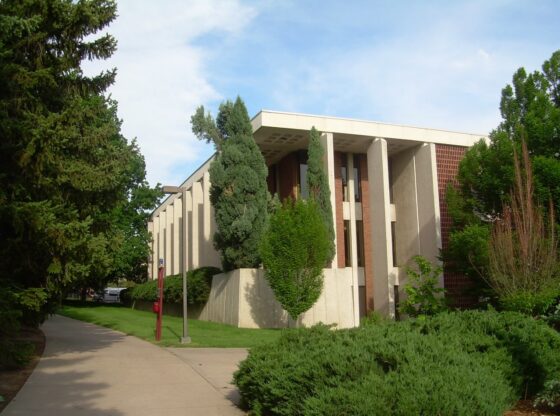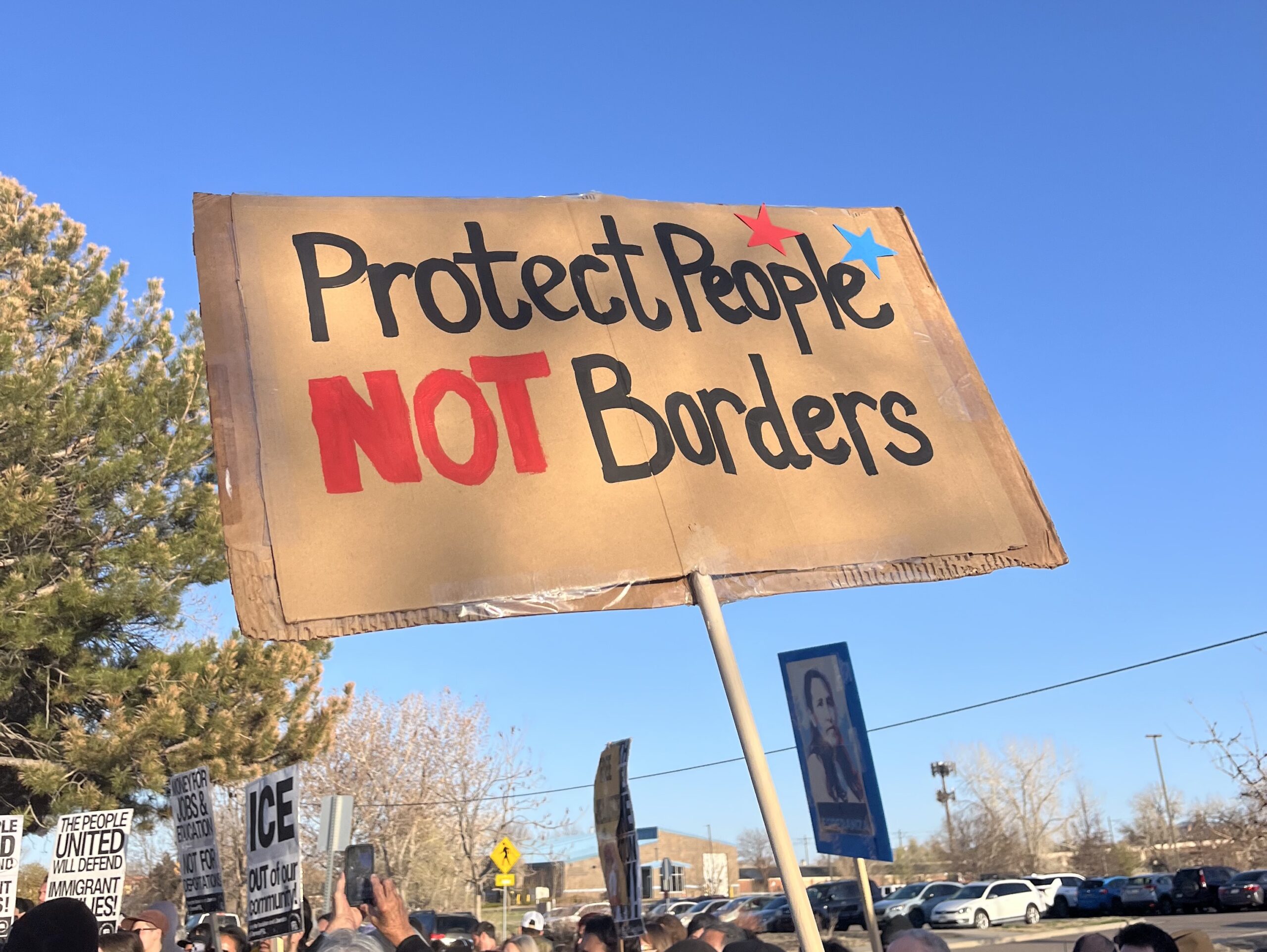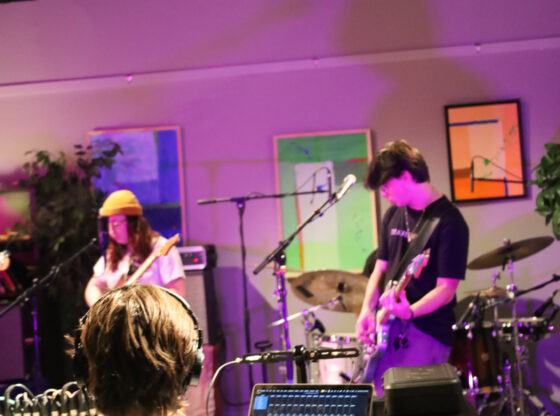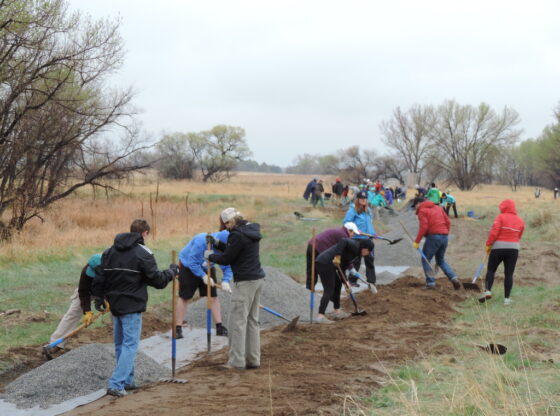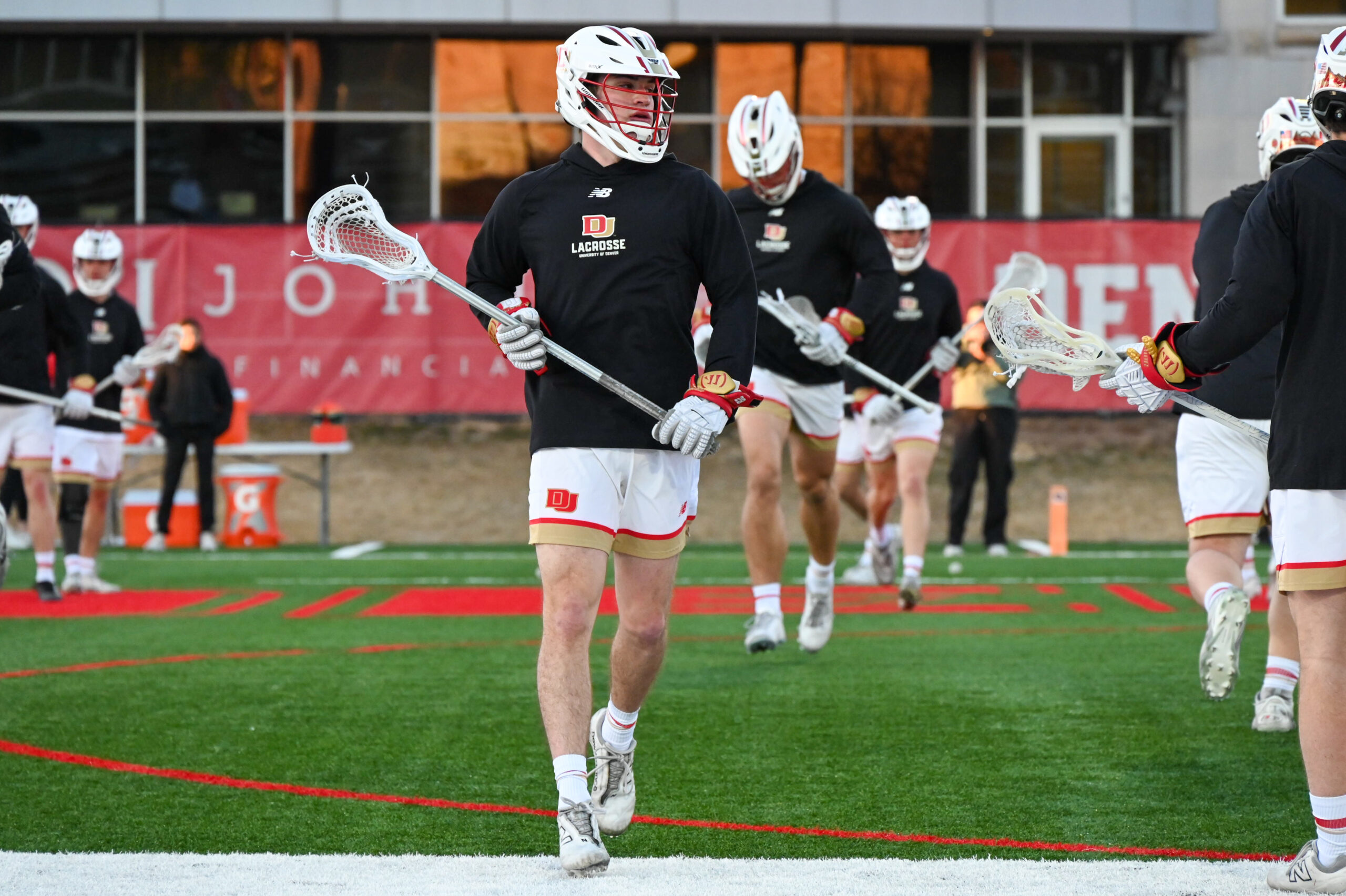 Photo by: James Brown
Photo by: James Brown
The Center on Rights Development sponsored a showing of the documentary “One Story” last Thursday and helped promote the mission of Project Education Sudan.
The 18-minute film was shown in the Cyber Cafe, located in Cherrington Hall, and was followed by a talk by Issac Khor Bher, the subject of the documentary, and Carol Francis-Rinehart, president and executive director of Project Education Sudan.
Project Education Sudan takes the desire for education that it has seen in southern Sudan and tries to make it a reality, according to Khor Bher and Francis-Rinehart.
“The generation from today will be the educated one,” said Khor Bher.
Filmed using varying shots of Khor Bher, including close ups of his face, the documentary told his story.
It started in 1986 when Khor Bher was only 6 years old.
His village in southern Sudan was raided in the middle of the night; he ran away and escaped the gunfire.
The next day he joined many other young boys, now called the “lost boys,” and other refugees on a journey that ended temporarily in Ethiopia.
As refugees in Ethiopia the group, numbered at least 40,000 people in one camp.
The primary concern was food. Eventually the United Nations relieved some of this problem and the refugees began to focus on education for the young people.
However, in 1991, the group was forced to flee to Kenya at gunpoint. In Kenya, the refugee situation was worse, with less food and fewer resources.
Each person received six kilograms of food per 14 days ,which usually only lasted about 10 days.
Also, the locals would try to kill the refugees if they simply took resources from outside of the camp.
The refugees had to have some form of payment to get anything from outside of the camp.
In the camp, Khor Bher learned masonry and carpentry as well as English.
“The first word I learned in English was ‘hello.’ The first sentence I learned in English was ‘How are you?'” said Khor Bher after the presentation.
Khor Bher moved to Denver in 2001 where there are about 70 “lost boys” including one DU student.
The refugees who have moved to America under the status of political refugees have strong support networks to help them get settled, find jobs and assimilate.
Francis-Rinehart describes Denver’s support network as “a great support group of different parents.”
CORE plans to present more human rights related documentaries this year. The next one will be shown toward the beginning of winter quarter.



